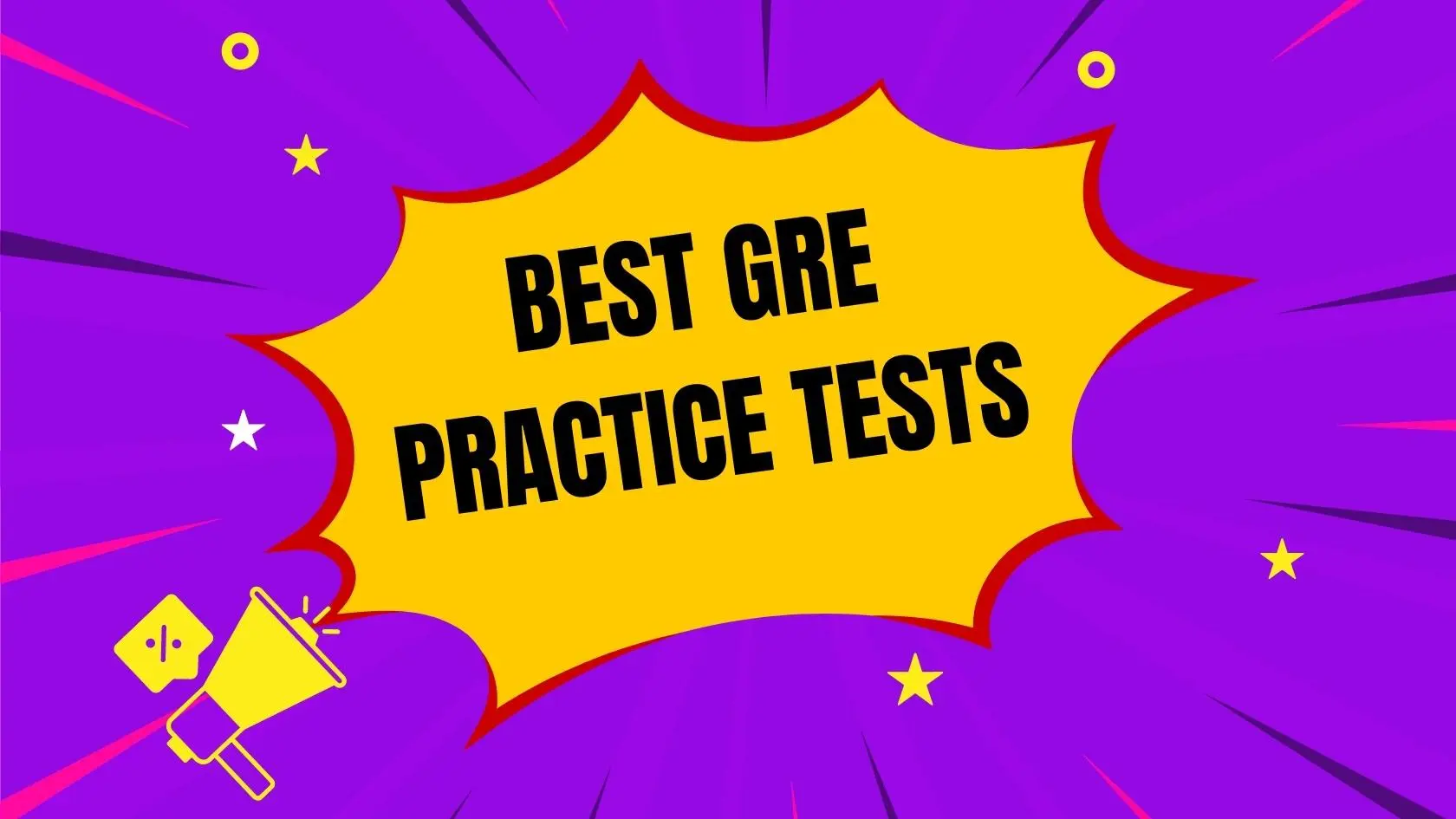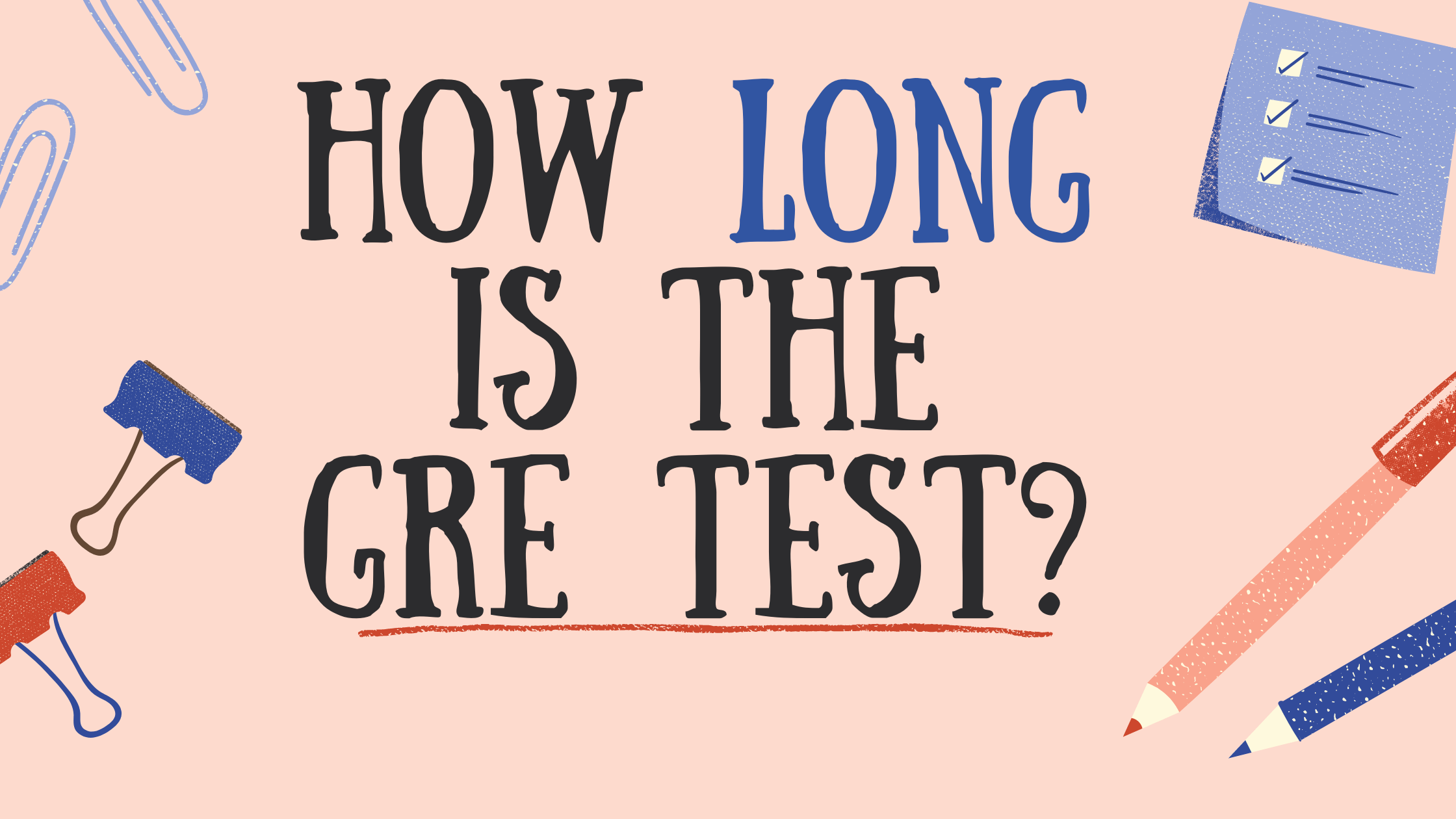Hi everyone; I am sharing my GRE success story for the GRE verbal section. I am sharing my improvement story by 18 points, from a score of 136 to 154 in verbal. This debrief can certainly serve those who have been struggling with Verbal Reasoning in GRE.
Though I was disappointed so many times during my journey, I was always seeing hope at the end of the tunnel as I believed in hard work. I had a limited grip on vocabulary and could hardly understand a paragraph of several lines without assistance. However, I kept putting my energy and developing my verbal skills and ultimately got the required score.
I worked on it for 5-6 months, to be precise. Firstly, I took the Diagnostic test and got 136. Then, after proper preparation for a month, I did my first GRE Verbal attempt and got 143 which was not satisfactory. After comparing my capabilities and score, I thought I could improve if I made a proper plan and followed it diligently. Then after several months, I re-took the GRE test and got 154 scores, Alhamdulillah, with the help of guidelines from the mentors of ScholarDen.
Here are a few general and specific tips for each portion.
GRE Verbal General Tips:
There are some strengths and weaknesses in you.
- First, identify your weak points and overcome the deficiencies by working daily on them until the exam. You should also improve your strengths further, as they can earn you more scores. Start preparation three to four months before the exam to get the required score.
- Make a proper schedule for daily assignments.
- Write down every new word you come across.
- Invest 80% of your preparation time and efforts in improving your basic skills. Rest is strategic preparation according to the GRE pattern.
If you want to see about Sentence Equivalence Strategy, watch this video.
Vocabulary:
I completed a set in almost 4-5 days. On the first day, I selected 10-15 words and looked up their meanings in context from Scholar Den Vocabulary. On Scholar Den, there are synonyms of the words. I wrote down each GRE word with its synonym in my portable diary. This helped me in learning more words at the same time. Moreover, for more clarification and proper usage, I sometimes read the sentences from the website, which were chosen from various media sources.
Most importantly, revision of vocabulary is very important. I revised it at night before sleeping and the next day when I woke up before doing any other task. After completing each deck, I invested the next day of my assigned vocabulary learning time in revising that deck rather than learning new words.
Reading Comprehension:
For RC, I started reading articles from multiple resources such as Readtheory, Arts and Letters Daily, The Economist, Newyorker and others mentioned in GRE verbal guide in order to avoid nervousness after having a difficult topic during my actual exam.
I divided question types into two parts during prep:
- Global questions like primary purpose, main idea, or tone of the author.
- For specific question types, I read the passage actively without any outside information but only what has been stated by the author. Paraphrase each paragraph, then move on to the next paragraph, and in the end, revise all paragraphs in my mind like a story (for summarizing in 20 to 30 seconds almost).
Test Day Strategy:
Speaking about the test day strategy, I skipped 5 and 6 questions in each verbal section: the triple blank TC, as they take a bit longer than a minute, and chances to answer them accurately are rare. Next, from 7 to 20: RC and SE, I focused more on these questions as reading and vocabulary were my strengths.
Materials:
ETS and Scholar Den.
I hope you will find some applicable tips from this debrief. Best of luck, and work hard consistently.









